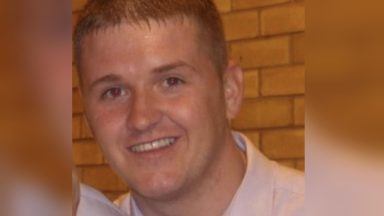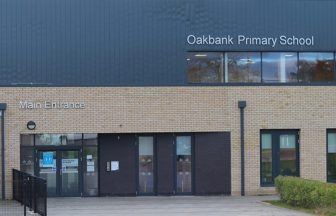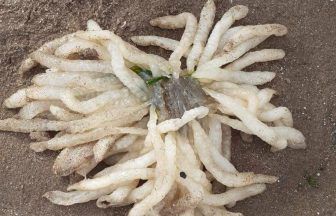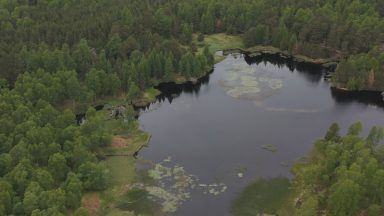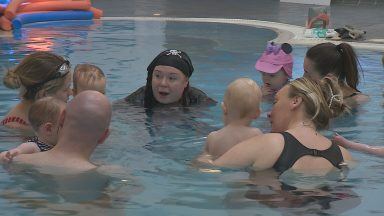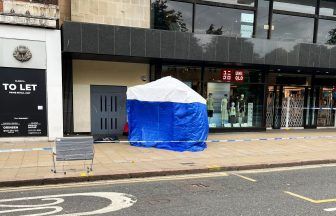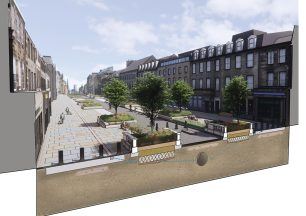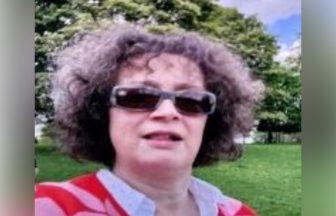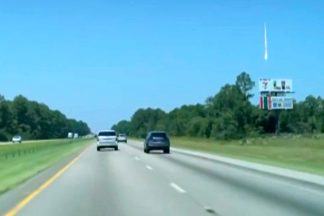Scotland’s justice secretary and chief constable were warned of “critical” staff shortages at a key call centre three months before a blunder that left a man and his girlfriend abandoned beside the M9 motorway because a police officer working overtime failed to log a call from a farmer reporting their crashed car.
Now-retired senior officer Val Thomson said that her time between April 2013 and December 2014 as a divisional commander had included the closure of former control rooms such as Stirling and Glenrothes and the creation of a new virtualised system based at larger centres such as the one in Bilston Glen, Midlothian, where the 101 call from the farmer was received.
The former Central Scotland Police control room at Stirling closed as part of the project, which followed the merging of Scotland’s eight former police forces into Police Scotland.
Ms Thomson, 56, said that after being away for three months on a senior command course, she was promoted to Assistant Chief Constable and took up her post on April 6, 2015.
She told the fatal accident inquiry at Falkirk Sheriff Court into the deaths of Lamara Bell and John Yuill it was immediately clear to her that there were “insufficient staff numbers at the Bilston Glen centre to deal with the demand being received there” following the closure of the Stirling control room in January 2015 and Glenrothes in March 2015.
An analysis of the risk of resources not meeting demand was scored “very high”.
She said that when she was away on her training course, her role in the project had been taken over by someone else, but despite this she had still received repeated phone calls from officers warning of problems at Bilston Glen.
She said: “The issues were there were insufficient staff to cover the extra work that had come from Stirling, and also there were problems with new staff not understanding the Bilston systems and trying to get everything to work well together.
She said that within days of her promotion, she was advised by a chief superintendent that Bilston Glen was “significantly struggling to meet demand”.
She told the inquiry that the chief superintendent’s assessment was that the situation was “critical and required immediate action to address the issue”.
The chief super, Alan Spiers, was authorised to set up a so-called “Gold Group” to “get a grip”.
Ex-ACC Thomson said she immediately informed Sir Stephen House, then the chief constable.
House, she said, “made it clear it was the single most important force priority” until the issue was resolved.
Over the following days she briefed all the board members of the Scottish Police Authority and the Scottish Justice Secretary, then Michael Matheson.
She said she provided them with a complete picture, including “quick time” measures put in place to address the problem, such as overtime and sharing of resources with the force’s west of Scotland contact centre.
A briefing paper prepared for House and Matheson on April 23, 2015 warned: “Bilston Glen has struggled to meet the call demand with ‘daily spike demands’ causing members of the public to wait for unacceptable periods of time with increased instances of calls being dropped.”
A meeting of the “Gold Group” the next day was told the main concern was the level of staff available to take calls between 08.30am and 10pm each day.
Shifts were being varied and overtime was being used to “plug the gaps”.
The group also discussed the mood of staff, and “their feeling that they were being constantly bombarded, feeling under pressure and undervalued”.
The centre’s resource management team were said to be “firefighting” to ensure there were enough people on duty.
The inquiry has already heard that the police officer who took the farmer’s 101 call at 11.29pm on July 5, 2015, Sgt Brian Henry, was working an overtime shift.
But he did not create an entry on the “STORM” command and control system in respect of the call.
This resulted in the area control rooms being unaware of the incident.
Police, fire and ambulance were sent to the scene three days later, after a second person reported seeing the crashed car.
John, 28, was already dead, and Lamara, 25, had a significant head injury and was partially conscious and “writhing in pain”.
She was anaesthetised and intubated and flown to hospital in Glasgow where she died on the morning of July 12.
The inquiry, before Sheriff James Williamson, continues.
Follow STV News on WhatsApp
Scan the QR code on your mobile device for all the latest news from around the country


 STV News
STV News



